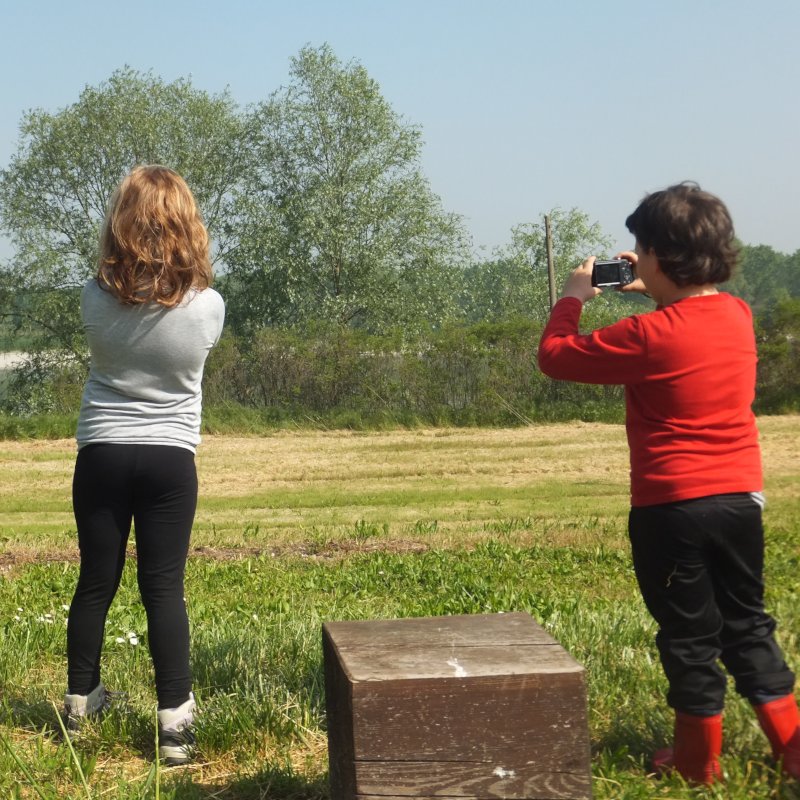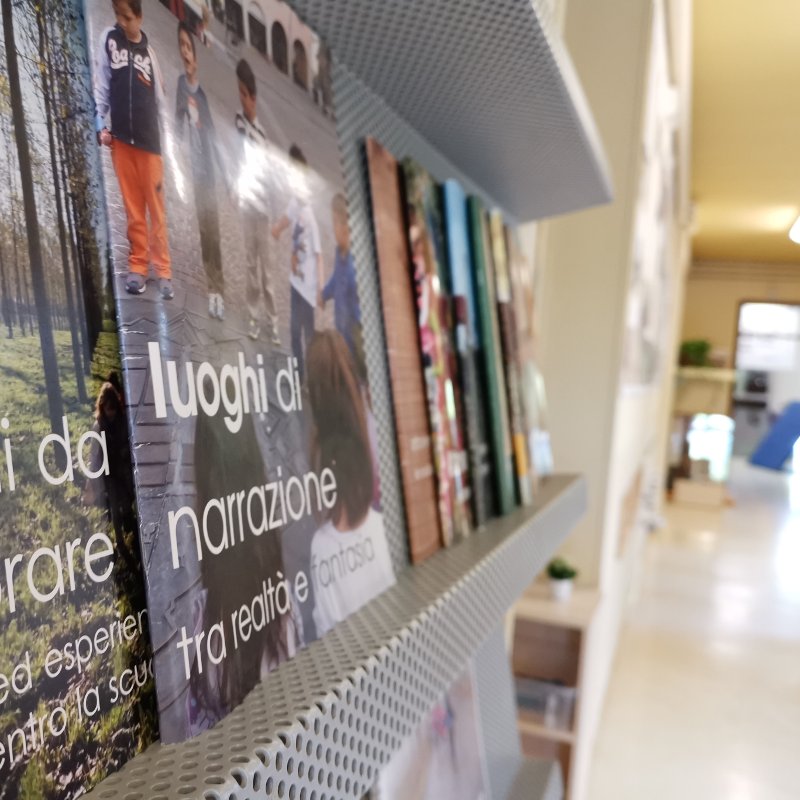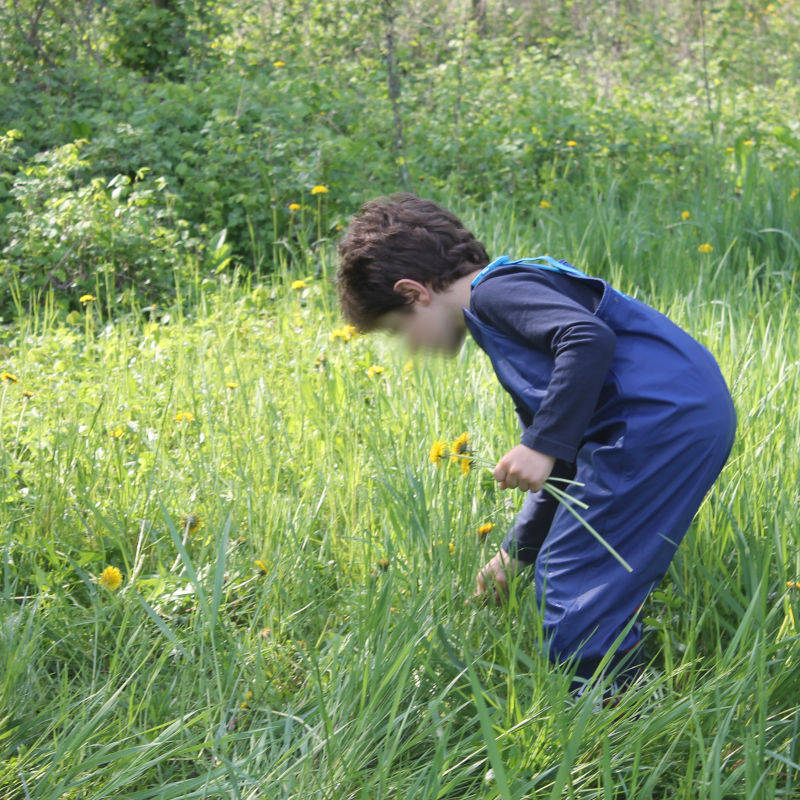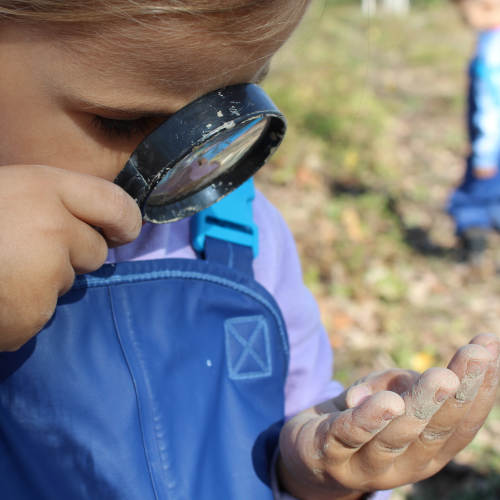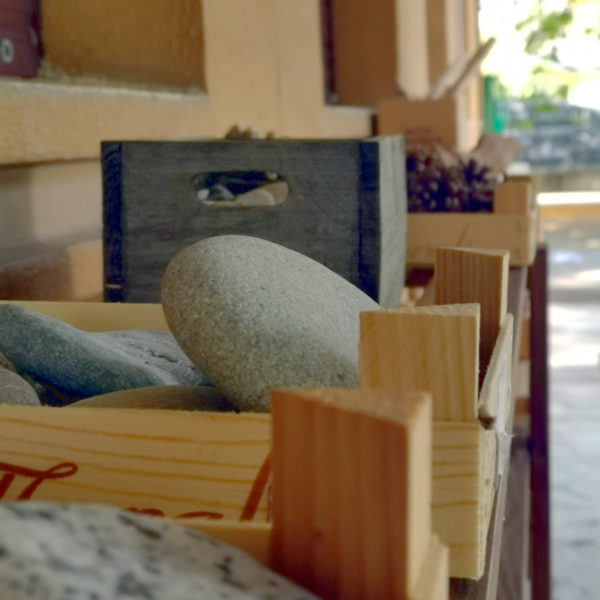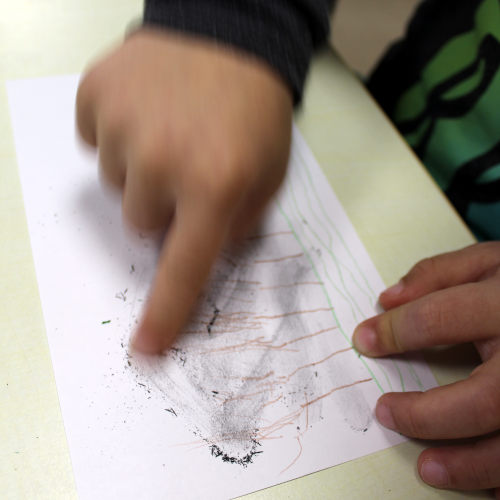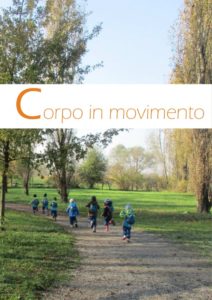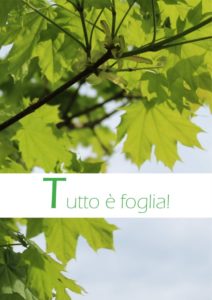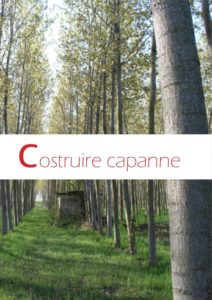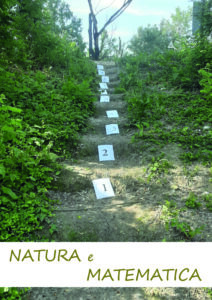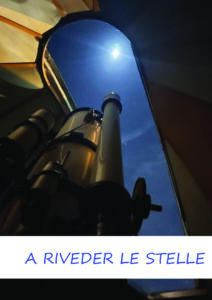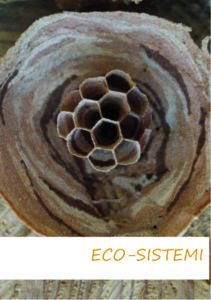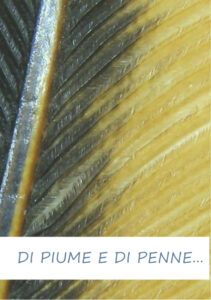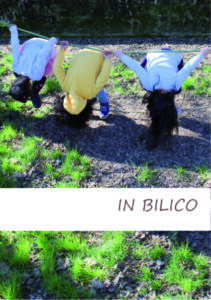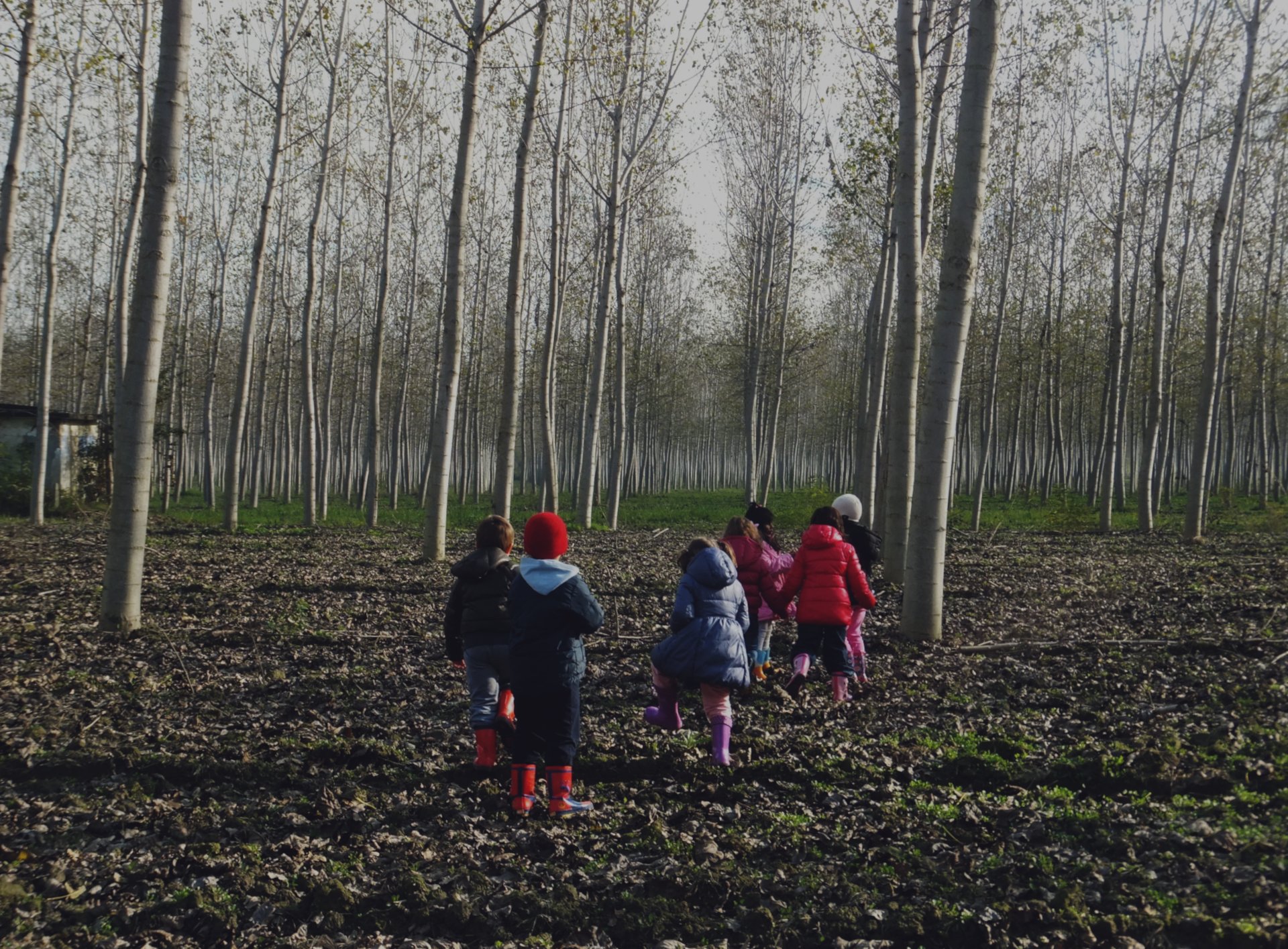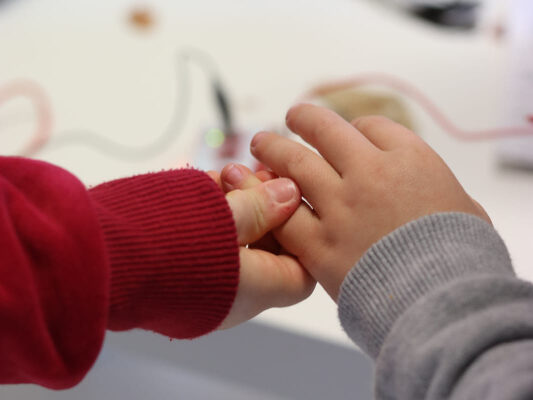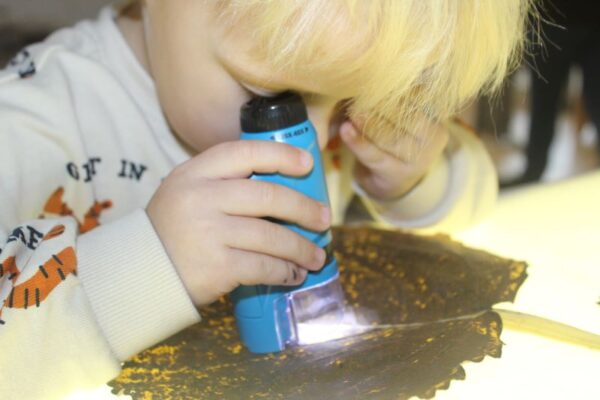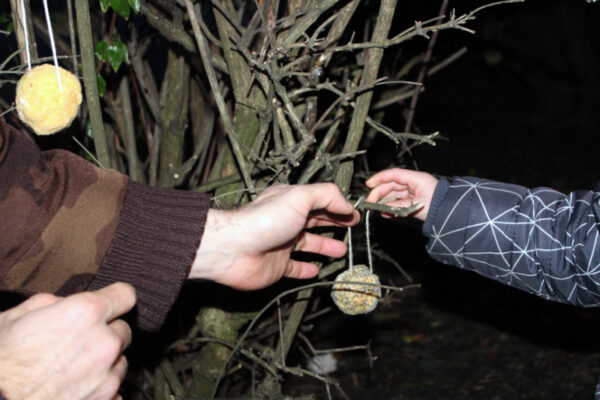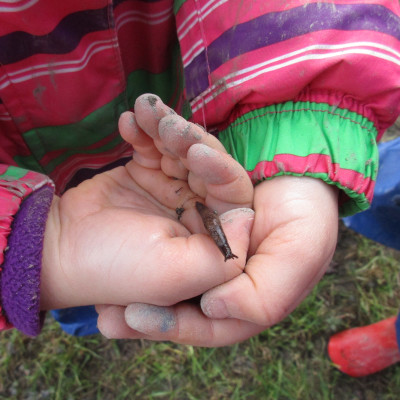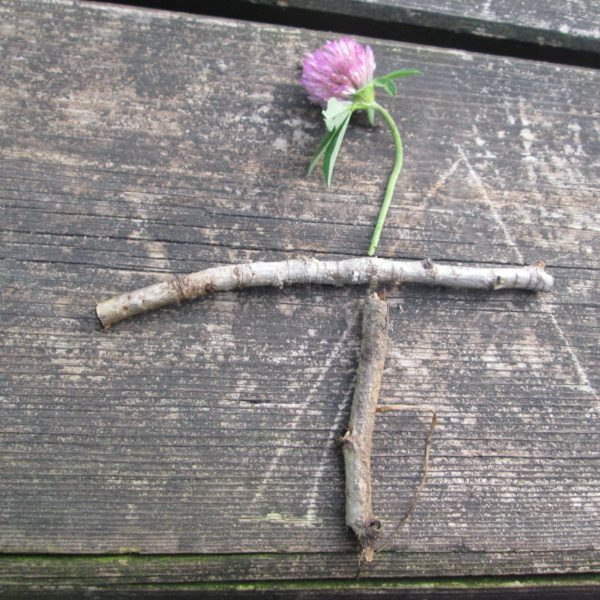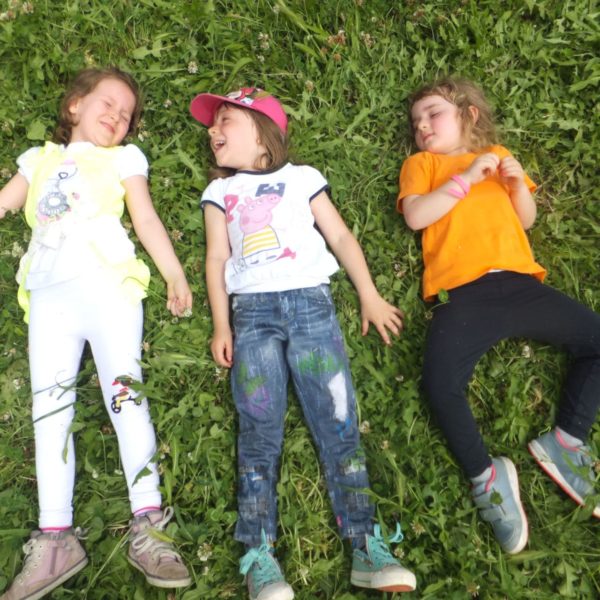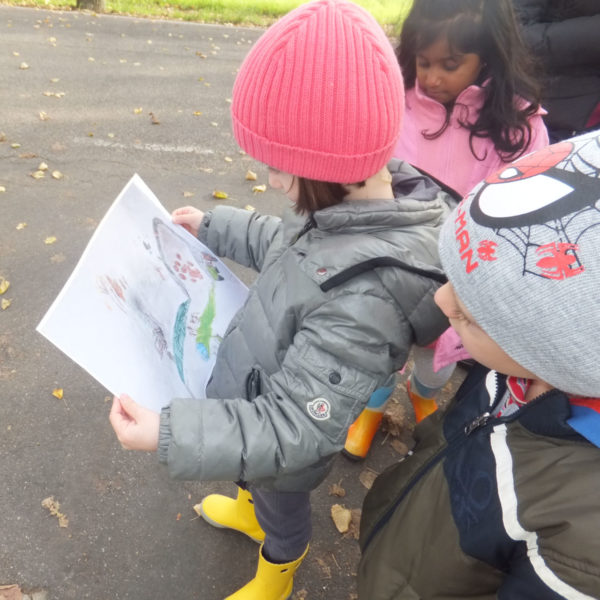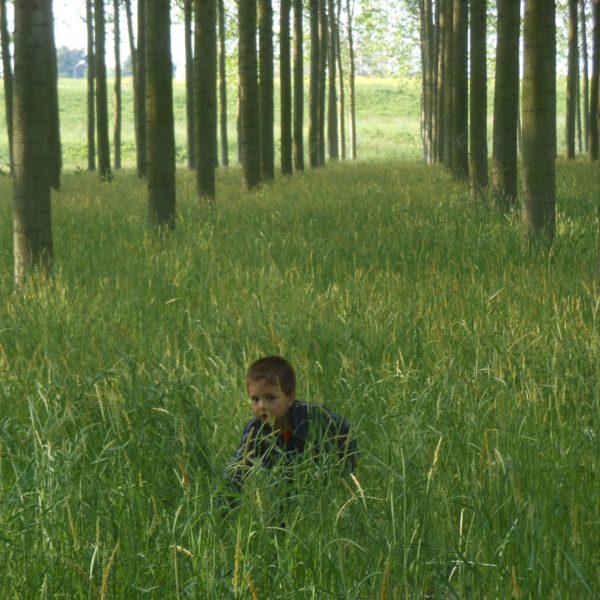Documentation is a thinking strategy aimed at making the subjective and group learning processes of children and adults visible. Through thought tools (knowledge hypotheses), work tools (various forms of annotations) and collection of documentary finds (photos, videos, panels , publications ...), the documentation performs a multiple function: cognitive and communicative .
Cognitive because synergistic and complementary observation of documentation supports advances in co-construction processes through re-reading experiences, formulating hypotheses, re-launching investigations and going through as many languages as possible. The constant checks allow monitoring and meta-reflections of both the working group and the child himself.
The documentation is also communicative because through panels, publications, presentations ... it makes explicit the meanings of the educational experiences lived, defines the quality of the relationships and the identity of the service both inside the nursery or school, both externally, with the territory, society and in dialogue with multiple interlocutors it contributes to the construction of the culture of childhood and education.
In the pedagogical-didactic field, planning is configured as a process of research and knowledge of the educational experience on which hypotheses of meaning and conditions of development of educational intents were initially built, of which the meaning must be continuously sought by asking itself in a questioning and problematic way , that is, by cultivating observation primarily as an attitude and a mental device. (A. Gariboldi)
The projectation and the documentation are distinctive features of our approach : the design intended as a dynamic and evolving tool, makes democratic listening possible and makes use of the documentation to make visible the group's learning processes which, together with a design attitude, enhances the interests and research of girls and boys, relaunching their insights in a continuous exchange.
Knowing deeply the places of one's territory contributes to create opportunities to exercise forms of active citizenship, together with families , who share this project through open days in floodplain, and other events. The experiences carried out outside constantly dialogue with the inside of the school, in which contexts are proposed for the re-elaboration, reflection and development of ideas, hypotheses, theories through multiple expressive languages .
The floodplain is also configured as a highly projected place, capable of offering ever new generative questions, stimuli for research and project paths of the groups, made visible through various documentary forms and publications.
The infant toddler center and the preschool are part of a community with which to create relationships, dialogues and collaborations with the territory , in which the active participation of families in taking part in the educational project is intended as a resource and founding value for the identity of the services.
